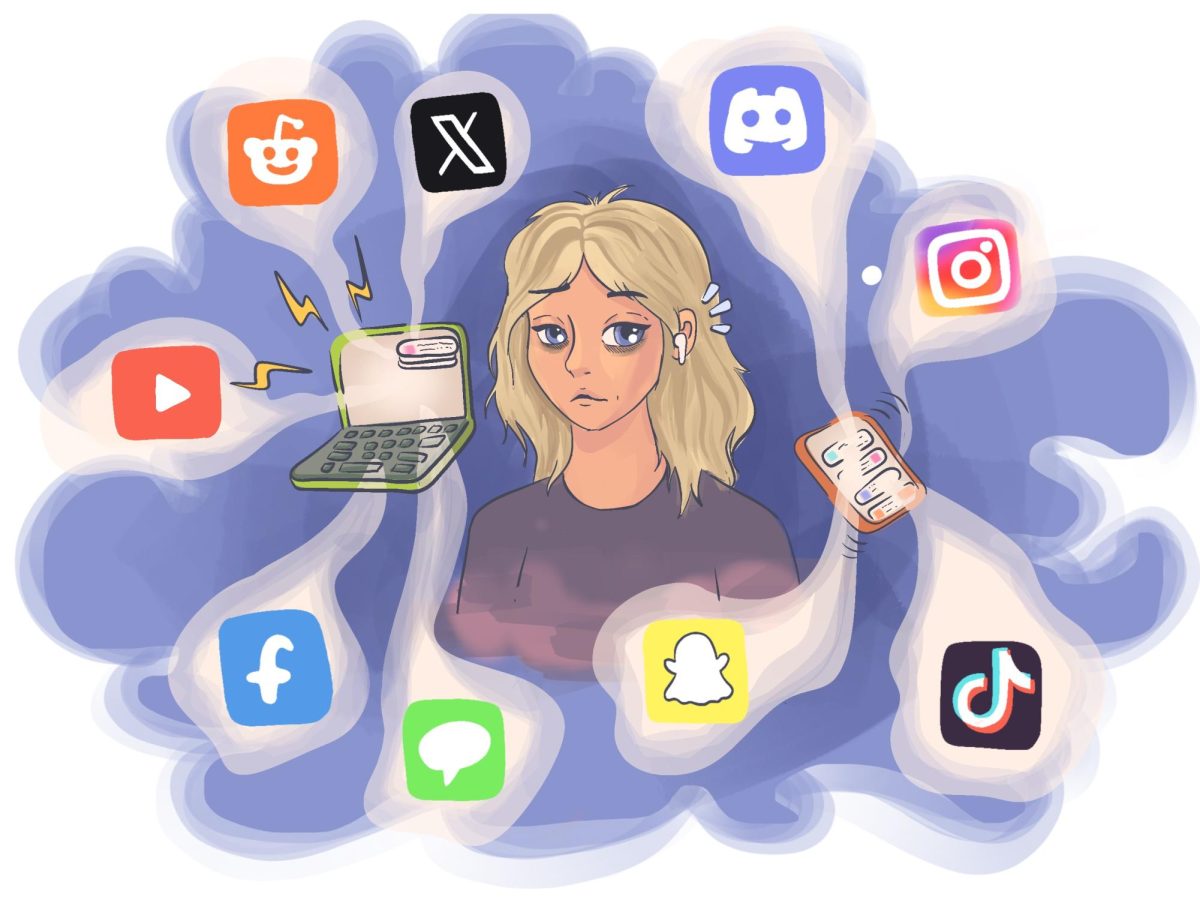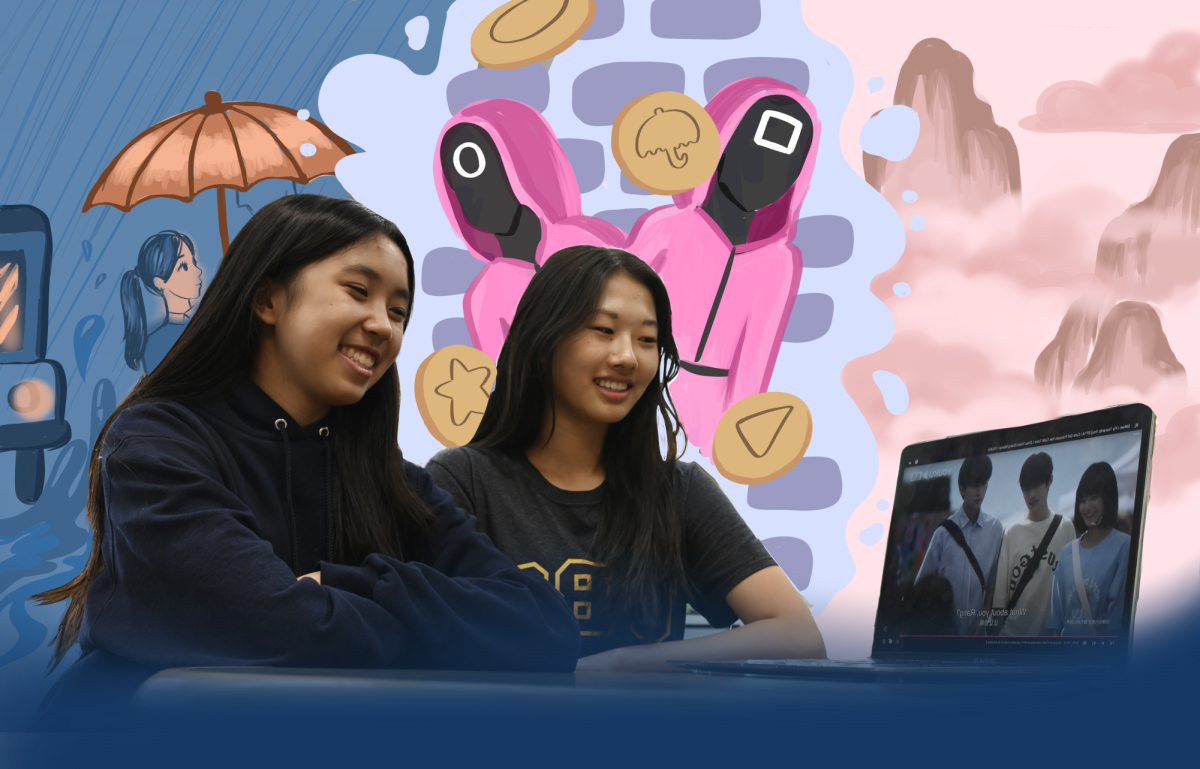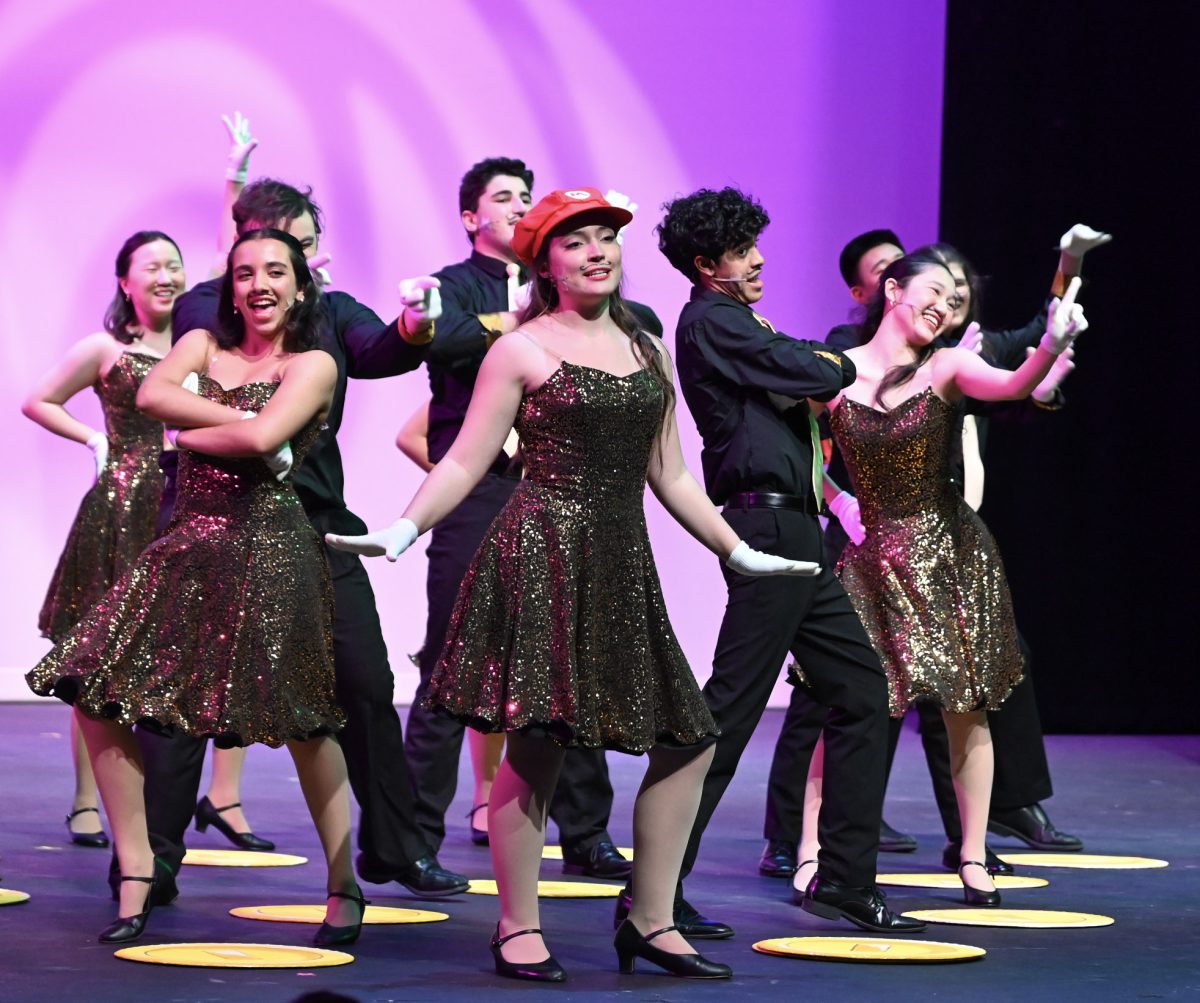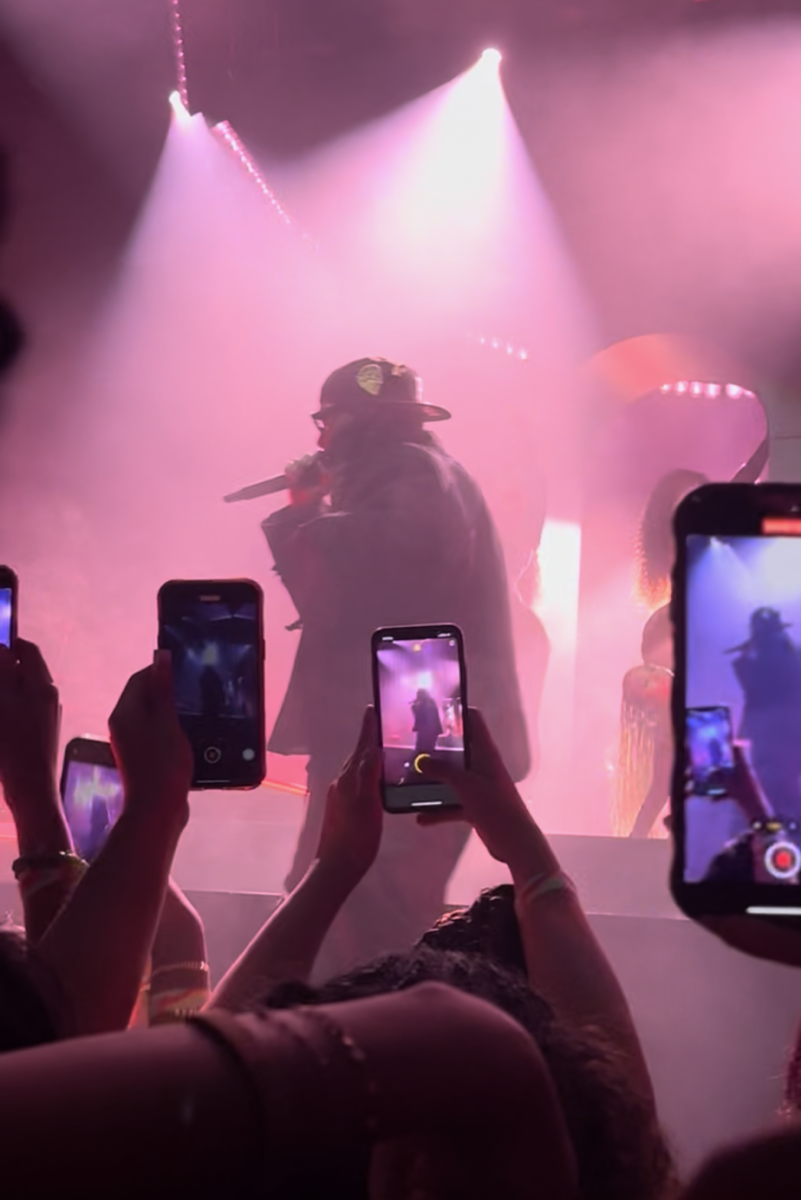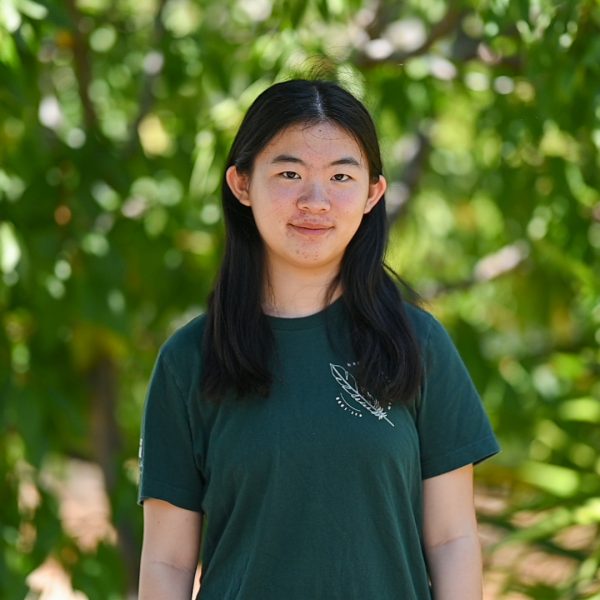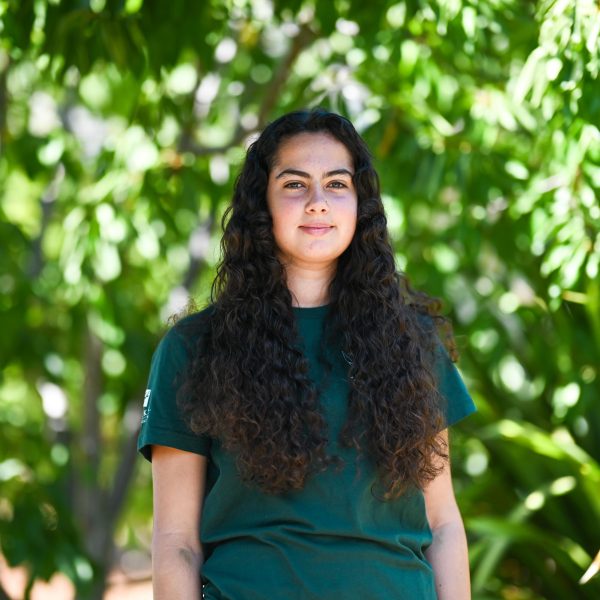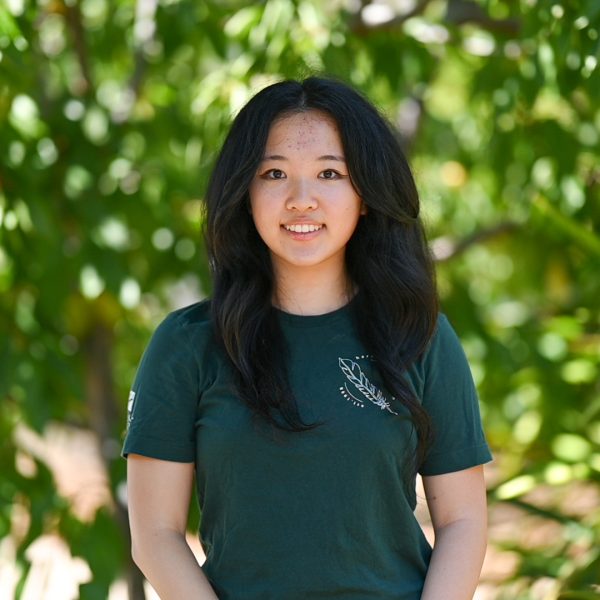From nonstop notifications to algorithms designed to keep users scrolling, technology increasingly dominates our free time. In response, people have decided to unplug and try what is known as a digital detox — when a person willingly refrains from using technology for a period of time.
Sophomore Demi Zheng decided to try a digital detox after she felt frustrated at her lack of productivity the summer before freshman year and evaluated the influence of social media in her life. Demi’s goal was to live a more meaningful life, making a conscious effort to spend her time doing something other than staring at screens.
“I felt this urge to actually produce something instead of consuming social media,” Demi said. “I would hope that the things I write or the things I film would help people. Instead of watching get-ready-with-me videos or scrolling through relationship reels, I turned towards journaling.”
Some students also spend time away from technology as a result of teacher pressure. English department chair Pauline Paskali implemented a no-electronics challenge for her Honors English 3 classes after being inspired by their study of Transcendentalism, a 19-th century literary and philosophical movement that emphasized the importance of connecting with nature.
“As students reflect on the experiment, they often use the term addiction to talk about how difficult it was,” Dr. Paskali said. “We’ve been living in this tech world so long that we don’t know how not to live in a tech world. Some disconnect by going camping in the summer, but many don’t ever disconnect.”
Students who participated in Dr. Paskali’s challenge shared how they had more free time, which they spent playing with younger siblings spending time outdoors. They also mentioned that they were able to stay more focused while studying and avoid distractions from technology.
“My students found time to read or pick up a book, and they don’t often do so because we’re busy with everything else,” Dr. Paskali said. “I’m really happy that I have this opportunity to work with my students. When I started this experiment, I didn’t realize how much our lives would be integrated with technology. It teaches us all to pay attention to time. These moments of our lives are precious, and we should use them intentionally.”
Junior Sophia Bagley tried Dr. Paskali’s digital detox challenge during her choral retreat. She enjoyed spending time with her friends in nature and disconnecting from electronics. While she first struggled to not check her phone, she grew more comfortable with intentionally living in the moment.
“I felt a constant need to do something, but you don’t need to be busy all the time to have a fulfilling life,” Sophia said. “Instead of scrolling on Instagram and playing pointless games, I sat with my friends and we sang.”
Connecting with friends and being present are just some of the many benefits. According to a study from the American Academy of Ophthalmology, advantages of digital detox also include improved sleep, less stress and better productivity.
“A digital detox is not so much a break but a lifestyle,” Demi said. “For it to actually be meaningful, it doesn’t make sense to cut it out and then be worse or be at the same level of addiction again. The issue is larger than cutting out social media or YouTube videos, but more about how we all need something else to do that would motivate us to get the boring stuff like school done.”


















![“[Building nerf blasters] became this outlet of creativity for me that hasn't been matched by anything else. The process [of] making a build complete to your desire is such a painstakingly difficult process, but I've had to learn from [the skills needed from] soldering to proper painting. There's so many different options for everything, if you think about it, it exists. The best part is [that] if it doesn't exist, you can build it yourself," Ishaan Parate said.](https://harkeraquila.com/wp-content/uploads/2022/08/DSC_8149-900x604.jpg)




![“When I came into high school, I was ready to be a follower. But DECA was a game changer for me. It helped me overcome my fear of public speaking, and it's played such a major role in who I've become today. To be able to successfully lead a chapter of 150 students, an officer team and be one of the upperclassmen I once really admired is something I'm [really] proud of,” Anvitha Tummala ('21) said.](https://harkeraquila.com/wp-content/uploads/2021/07/Screen-Shot-2021-07-25-at-9.50.05-AM-900x594.png)







![“I think getting up in the morning and having a sense of purpose [is exciting]. I think without a certain amount of drive, life is kind of obsolete and mundane, and I think having that every single day is what makes each day unique and kind of makes life exciting,” Neymika Jain (12) said.](https://harkeraquila.com/wp-content/uploads/2017/06/Screen-Shot-2017-06-03-at-4.54.16-PM.png)








![“My slogan is ‘slow feet, don’t eat, and I’m hungry.’ You need to run fast to get where you are–you aren't going to get those championships if you aren't fast,” Angel Cervantes (12) said. “I want to do well in school on my tests and in track and win championships for my team. I live by that, [and] I can do that anywhere: in the classroom or on the field.”](https://harkeraquila.com/wp-content/uploads/2018/06/DSC5146-900x601.jpg)
![“[Volleyball has] taught me how to fall correctly, and another thing it taught is that you don’t have to be the best at something to be good at it. If you just hit the ball in a smart way, then it still scores points and you’re good at it. You could be a background player and still make a much bigger impact on the team than you would think,” Anya Gert (’20) said.](https://harkeraquila.com/wp-content/uploads/2020/06/AnnaGert_JinTuan_HoHPhotoEdited-600x900.jpeg)

![“I'm not nearly there yet, but [my confidence has] definitely been getting better since I was pretty shy and timid coming into Harker my freshman year. I know that there's a lot of people that are really confident in what they do, and I really admire them. Everyone's so driven and that has really pushed me to kind of try to find my own place in high school and be more confident,” Alyssa Huang (’20) said.](https://harkeraquila.com/wp-content/uploads/2020/06/AlyssaHuang_EmilyChen_HoHPhoto-900x749.jpeg)



